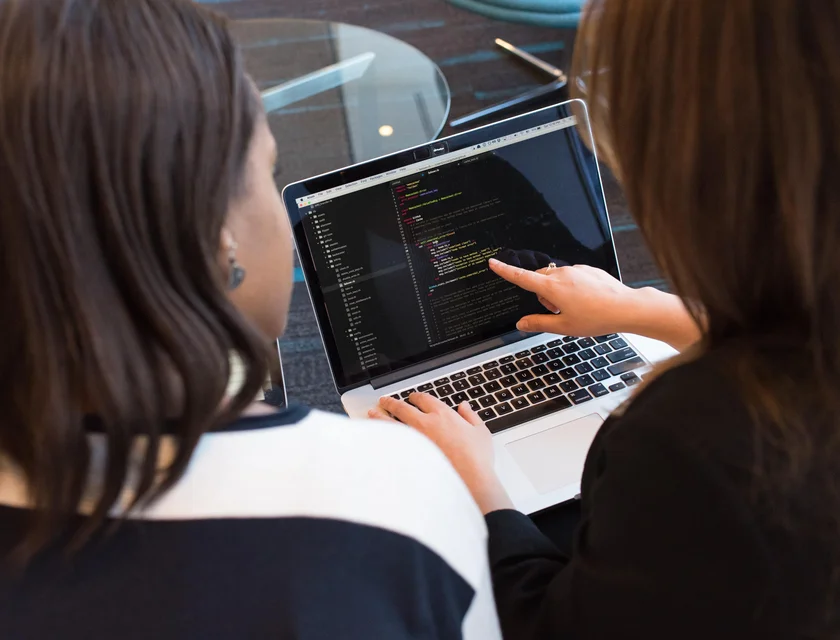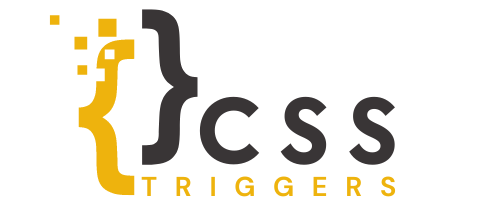In today’s tech-driven market, finding the right developer is crucial, transcending beyond just filling a role to enhancing team innovation. However, the challenge lies in a competitive landscape, where selecting a candidate with the ideal mix of technical skills and cultural fit is imperative.
To help you accomplish that, this guide offers insights into understanding developer roles, crafting effective job descriptions, and navigating various hiring models. Besides that, it also provides tips on effective candidate screening and interviewing, ensuring a choice that aligns with both technical needs and team dynamics.
Understanding the Role of a Developer

In the dynamic field of software development, understanding the distinct roles of developers is crucial for any project’s success. From designing and coding applications to troubleshooting and maintaining software, the diversity in this field is vast. This diversity necessitates a clear understanding of each role, which is essential not only for effective team composition but also for budgeting and project planning.
With that in mind, here is a look at the various developer roles and what they entail:
| Developer Role | Responsibilities | Key Skills |
| App Developer | Designing and coding applications for mobile platforms. | Platform-specific knowledge (iOS/Android), UI/UX design, and programming languages like Swift or Kotlin. |
| Chatbot Developer | Creating interactive chatbots for customer service or engagement. | Natural Language Processing (NLP), AI frameworks, and scripting languages. |
| Front-End Developer | Building the visual and interactive features of websites. | HTML, CSS, JavaScript, and frameworks like React or Angular. |
| Back-End Developer | Handling server-side development, database management, and application logic. | Server languages (Python, Ruby, PHP), database management (SQL, MongoDB). |
| Full-Stack Developer | Managing both front-end and back-end tasks. | Combination of front-end and back-end technology skills. |
| IOS Developer | Developing applications for Apple’s iOS platform. | Swift, Objective-C, Apple’s design principles. |
| Mobile Developer | Developing applications for various mobile devices and platforms. | Cross-platform development tools and mobile-specific programming languages. |
| Remote Developer | Working outside a traditional office environment. | Technical skills are similar to other roles, as are strong communication and self-management abilities. |
In short, whether you need the creativity of a front-end developer, the problem-solving skills of a back-end developer, or the versatility of a full-stack developer, each role brings a unique set of skills to the table. This knowledge not only guides you in making informed hiring decisions but also shapes the way you plan and execute your development projects, ensuring a well-rounded and capable team.
Identifying Your Needs
To ensure you hire the right developer, it is imperative to consider the following key areas:
Project Type

Determine if your project is app-based, web-based, or requires a different platform, guiding the choice between app developers, web developers, or other specialists.
Technical Requirements
List specific technologies, programming languages, and frameworks needed for your project.
Role Definition
Distinguish between web designers, who focus on aesthetics and user experience, and developers, who manage coding and functionality.
Project Scale and Complexity
Assess the size and complexity to decide if you need a team with diverse skills or a full-stack developer.
User Experience Focus

For user-centric projects, prioritise developers with strong front-end and UX/UI skills.
Back-End Needs
For projects with significant back-end requirements, seek developers skilled in server-side languages and database management.
Long-Term Maintenance
Consider if ongoing maintenance is needed, requiring a developer committed to long-term collaboration.
By carefully evaluating these areas, you can identify the specific type of developer your project needs, thereby safeguarding a more targeted and efficient hiring procedure.
Planning a Successful Hiring Process

Navigating the hiring process effectively is key to finding the ideal developer for your team. This journey involves several critical steps, each requiring careful consideration to ensure you connect with the right talent.
-
Choosing the Hiring Model
Selecting the appropriate hiring model is a fundamental decision that sets the tone for your recruitment strategy:
In-House
Provides direct team integration and consistent collaboration, ideal for long-term projects. However, it often involves higher costs due to salaries and benefits.
Remote
Offers access to a wider talent pool and flexibility in hiring. This model is suitable for companies comfortable with virtual collaboration but requires robust communication tools.
Freelance
Best for short-term projects or specific expertise. It offers cost-effectiveness and flexibility but demands clear communication and contract management.
-
Crafting the Job Description

The job description is the initial point of contact with potential candidates. It plays a central role in grabbing the attention of the right talent. With that in mind, here are some important aspects to feature in your job description:
Role Clarity
Clearly outline the role’s responsibilities, skills required, and experience level.
Company Culture
Reflect your company’s ethos and values to bring in candidates who align well with your vision.
Unique Opportunities
Highlight the growth, learning opportunities, and exceptional benefits that your company offers.
-
Finding Candidates
Exploring the right platforms is crucial in discovering top-tier candidates:
Freelance Marketplaces
Ideal for finding specialised skills on a project basis.
Job Boards
Useful for a wide-reaching search across various skill levels and roles.
Vetted Specialist Platforms
Platforms like Deazy offer a curated pool of pre-screened developers, ensuring quality and expertise.
-
Screening and Interviews

The final and most critical phase is screening and interviewing candidates:
Technical Proficiency
Assess their technical skills through coding tests or portfolio reviews.
Cultural Fit
Evaluate if the candidate’s values and work style align with your company culture.
Problem-Solving Skills
Use situational questions to gauge their problem-solving and critical-thinking abilities.
Concluding the hiring process, it is essential to balance technical skills with a candidate’s fit within your company culture. Each step, from choosing the hiring model to conducting in-depth interviews, contributes to finding a developer who not only has the expertise but also enhances your team’s dynamics. Utilising platforms like Deazy can streamline this process, connecting you with skilled developers who meet your specific project requirements.
The Bottom Line
The process of hiring an expert developer is a strategic decision with a lasting impact on your business. The right developer is a catalyst for innovation, transforming challenges into opportunities and significantly contributing to your projects.
This hiring choice is an investment in your company’s future. The ideal candidate not only meets the current technical needs but also aligns with your long-term vision. They play a key role in your team’s evolution, ensuring your business stays ahead in the dynamic tech industry. In essence, the developer you select today shapes the trajectory of your company tomorrow.

